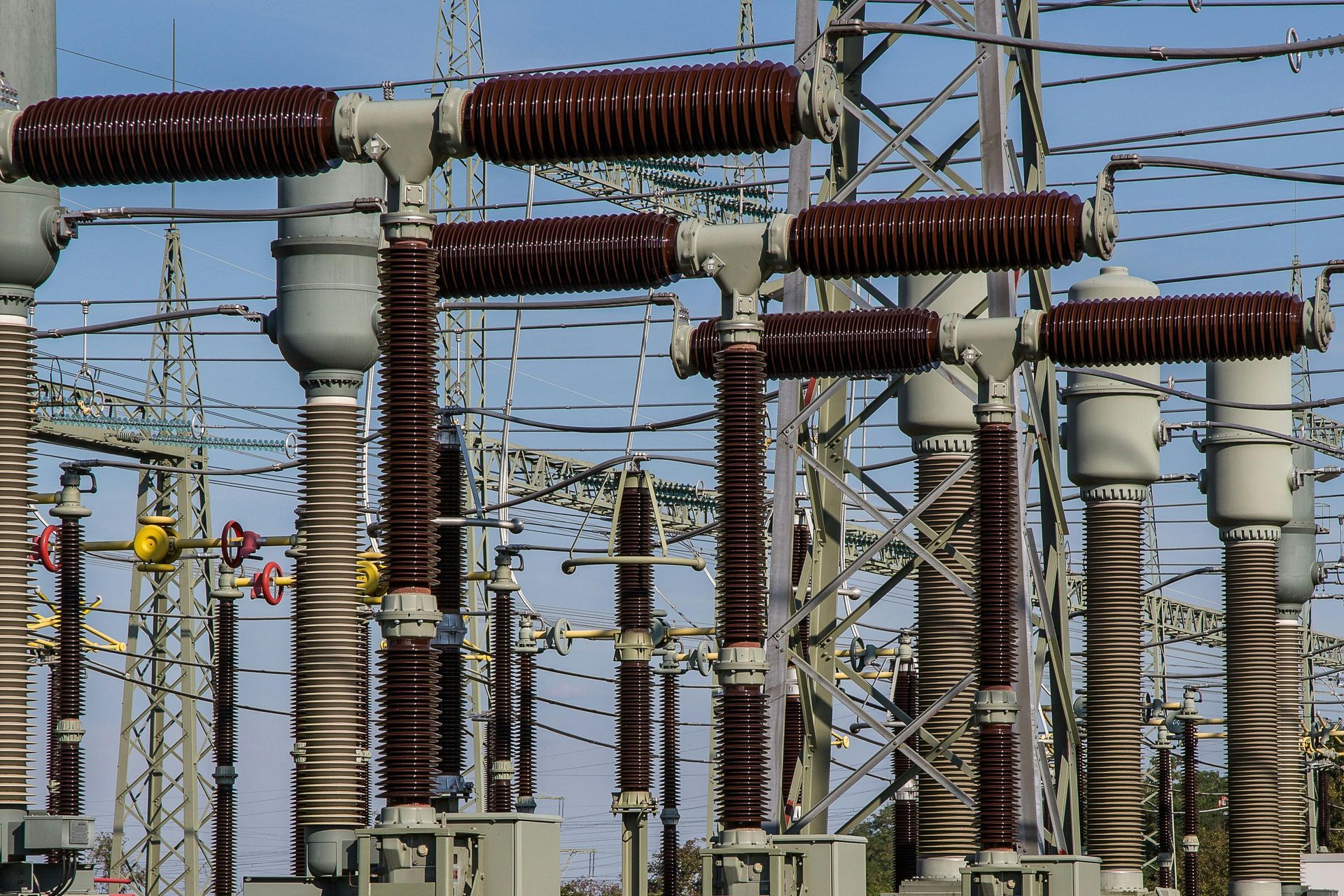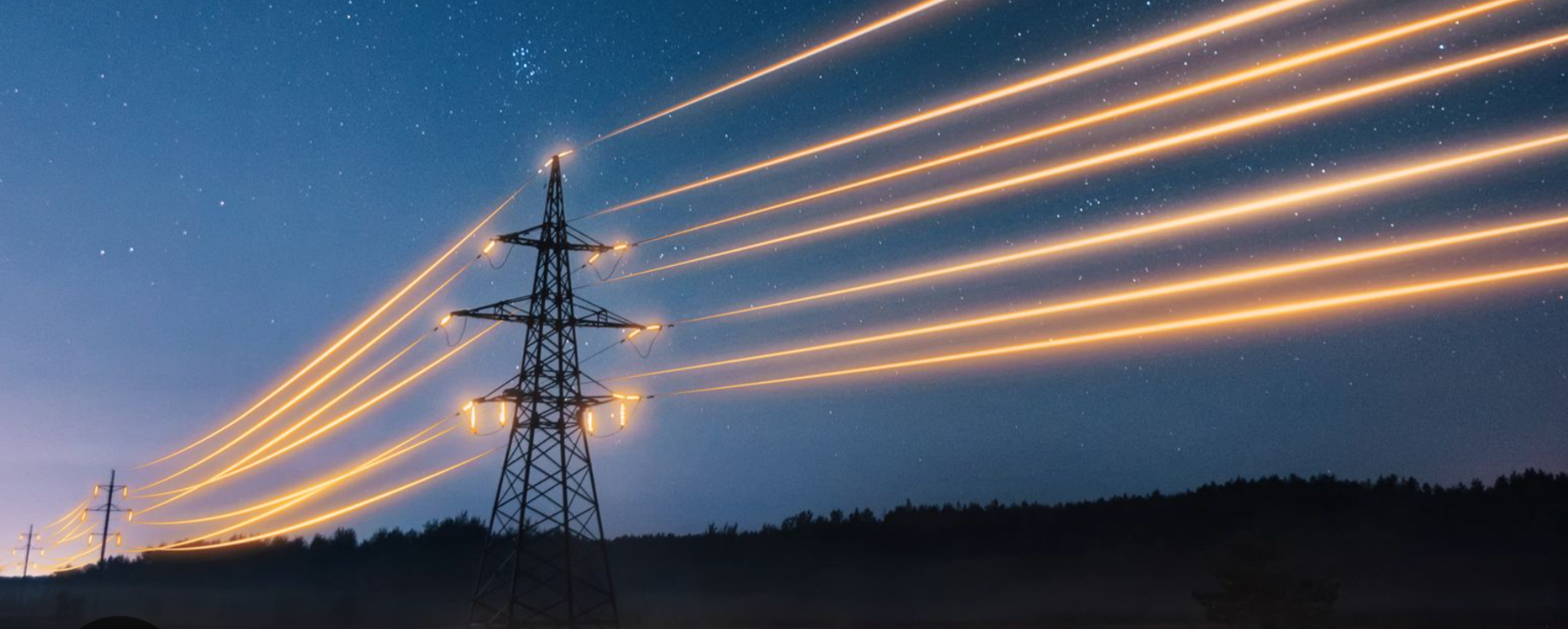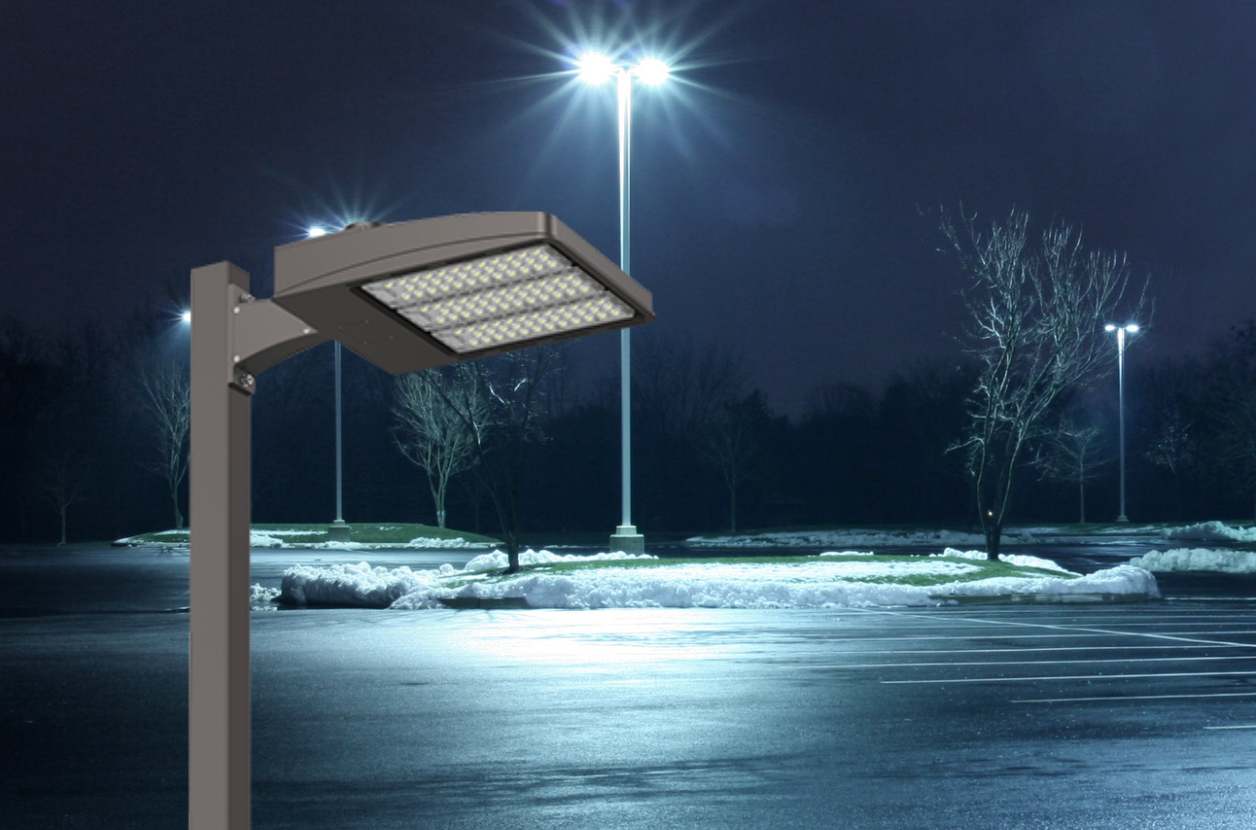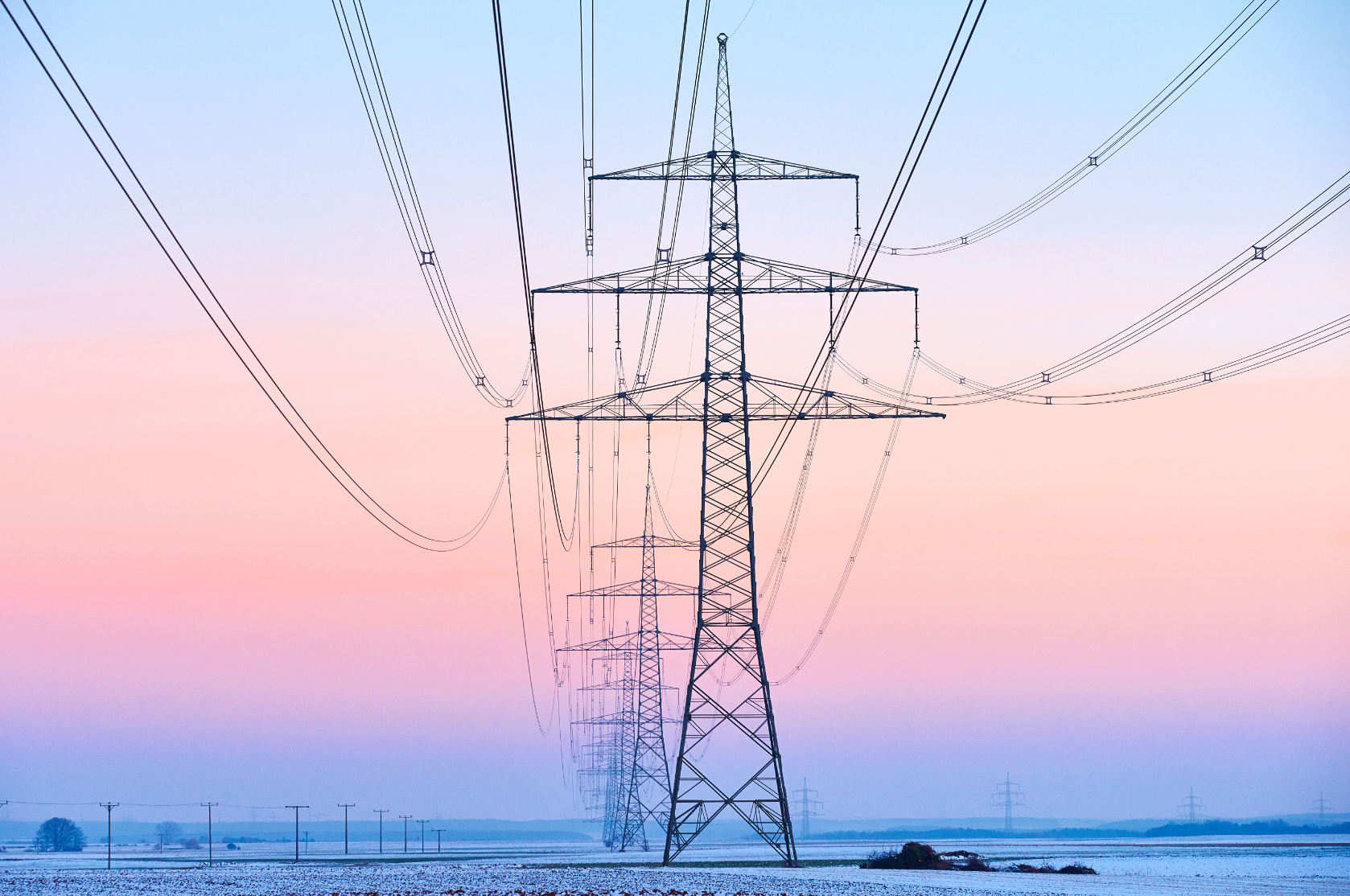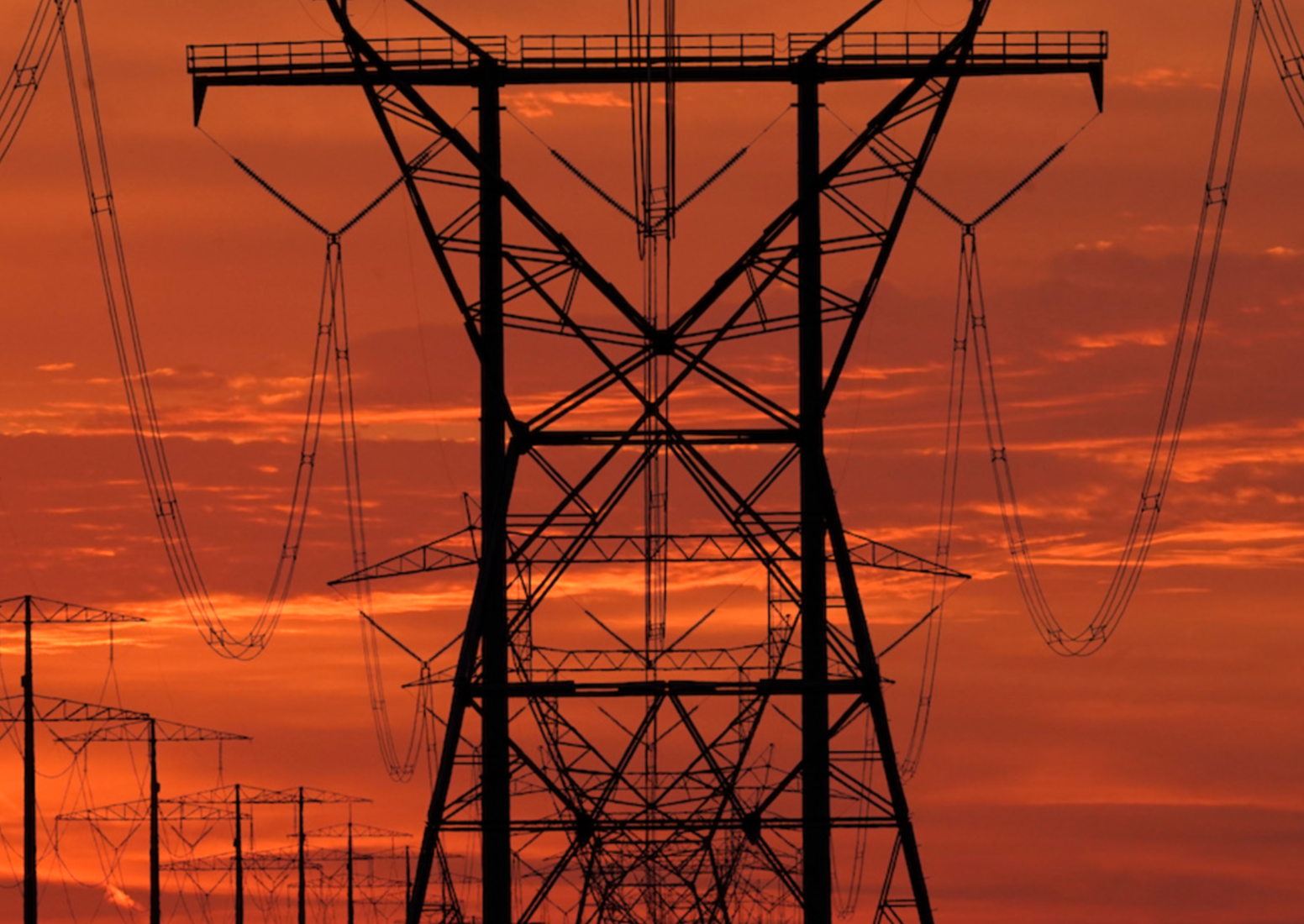What Happens to EV Batteries When They Die?
How Are EV Batteries Disposed of After They Die?
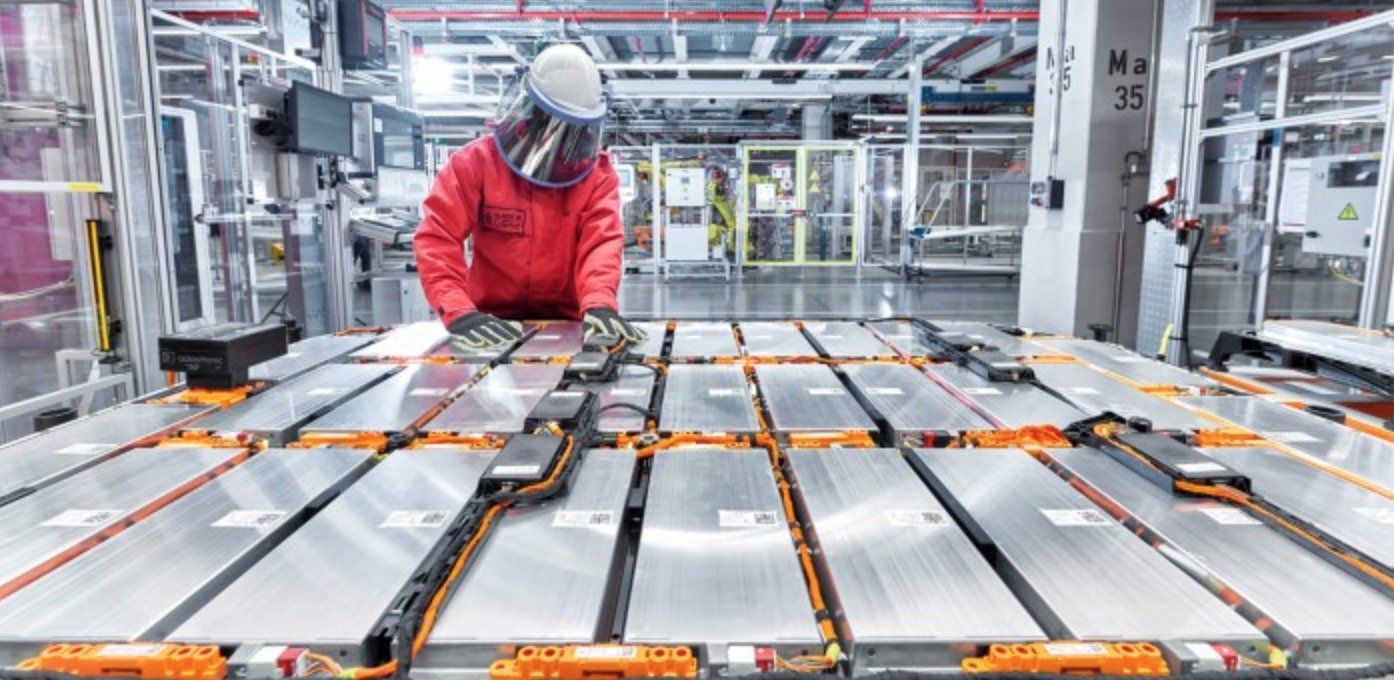
With so many exciting changes happening in the EV industry we had a few burning questions.
To satisfy our minds, we caught up with our good friends over at XCharge Energy. XCharge offers turn-key smart charging solutions which removes the need for building a costly infrastructure and enabling efficient and easy management solutions that fit your charging needs.
Who better to answer the following questions?
- What happens to EV batteries when they are done?
- Where do EV batteries go when they die?
Answered by Aatish Patel and Alex Urist of XCharge Power)
What happens to EV batteries when they are done?
What happens to EV batteries when they are done?
When electric batteries are done for EV use (I.e. the capacity rate or performance falls below the needed figures), often the cells are repurposed into other, less intensive applications (generally those that don't require as much itense charge/discharge). In an effort to reduce waste and align with the objectives of a green, “circular economy”, many manufacturers are researching how EV batteries can be repurposed once they have reached the end of their life in electric vehicles.
Once removed from an electric vehicle, most batteries will be fit for other uses, such as energy storage in the electricity grid or the home – both growing areas of storage demand.
Energy Storage is actually the most common use case for depleted EV batteries, hence a lot of the systems you see for energy storage generally are using "refreshed" cells.
Where do EV batteries go when they die?
A key thing to note is that EV batteries never really die. They get to a point where their capacity/performance deteriorates below any useful case.
When batteries do reach the end of their working life in an electric vehicle, the primary focus is on repurposing them (as described above)
If the battery cannot be used for alternative storage purposes, the valuable materials are separated out, such as cobalt, lithium salts, stainless steel, copper, aluminum, and plastic.
Currently, only about half of the materials in an EV battery pack are recycled, but manufacturers are looking to improve on this. For example, Volkswagen is piloting a program to recycle 97% of battery components.
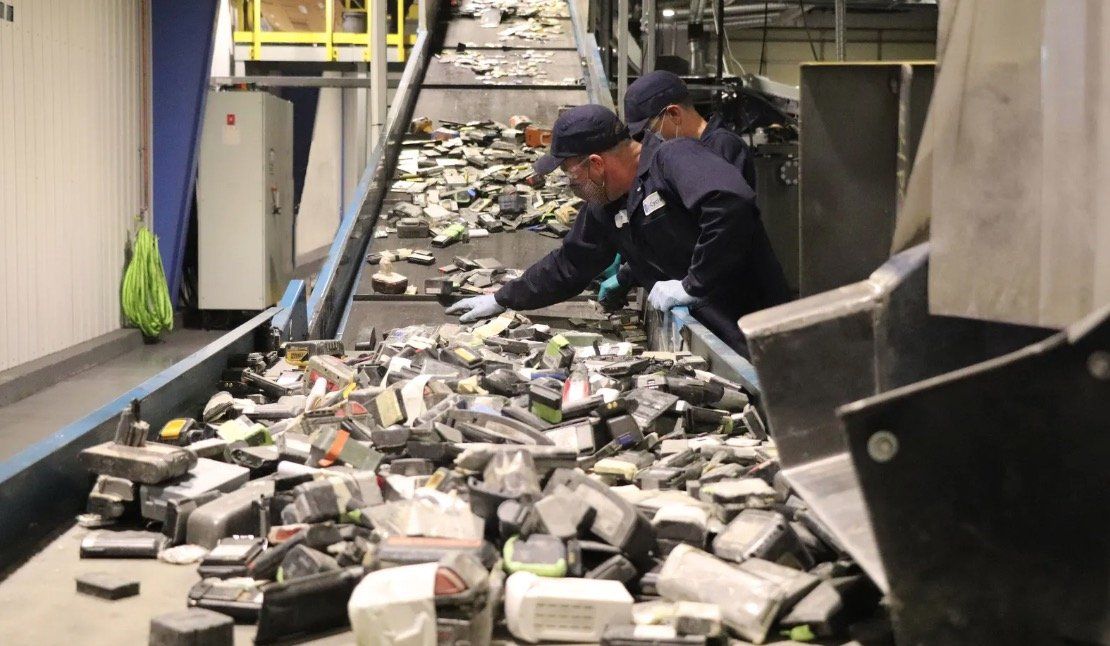
Former Tesla CTO solving lithium-ion battery issues
Other companies have been also making huge strides in electric battery recycling.
Former Tesla CTO who was behind many of their core technologies, JB Straubel, launched Redwood Materials to solve the lithium-ion battery shortage an e-waste issue in the U.S. His company recycles "end-of-life" batteries and then supplies major battery makers with materials in short supply, as EV production surges around the world.

Are you interested in EV charging solutions for your business? Contact us to find out more.
READY TO REDUCE YOUR ENERGY RATE FOR YOUR BUSINESS?
Contact us today to see how we can help you save money on your energy bill
contact page form
We will get back to you as soon as possible.
Please try again later.
Keep updated with news from us
Subscribe to our newsletter
newsletter
We will get back to you as soon as possible.
Please try again later.
Ananta Energy Source | All Rights Reserved



